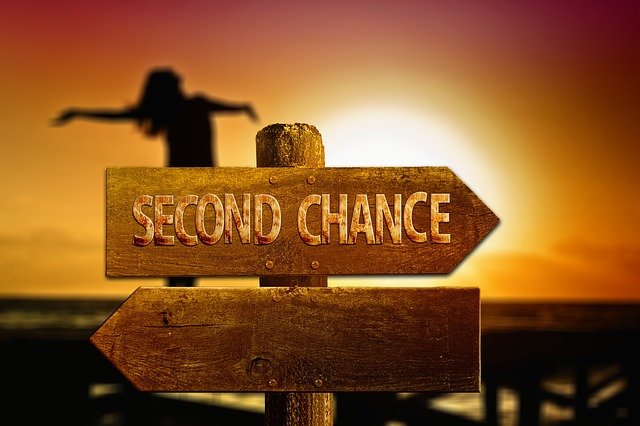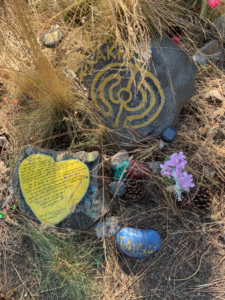The word that resonates over and over and over again right now is “hypocrite”.
Hypocrite is defined as “a person who claims or pretends to have certain beliefs about what is right but who behaves in a way that disagrees with those beliefs.“
I believe in second chances, rehabilitation, and that people CAN change. At least, that is what I tell myself. And others. Earnestly.
Except. Except when I don’t. And that is when my mind screams “You are a hypocrite” so loudly that I can’t possibly ignore it, or drown it out.
Because its true. And I’m not sure how to reconcile this with my values.
Where to begin?
When I consider our prison system, I think it does more harm than good and that rehabilitation is somewhere near the bottom of the list of things that actually occurs there.
But I don’t have a better answer for how to change (read: improve) things, and since I’m annoyed by people who constantly criticize without offering a better solution…

Complaining about it would make me a hypocrite, and hypocrites really grind my gears. There’s nothing worse than looking in the mirror and seeing a hypocrite looking back at me. I’m not saying that we shouldn’t speak up and acknowledge when a system is broken and ineffectual; but what is the end goal? Just to be heard? Or to facilitate real change?
So, yes, I think our prison system is seriously flawed, but I know the answer isn’t to just free all the incarcerated people who are currently in the system and send them back out onto the streets (and communities) while we try to “figure it out”.
Just to be very clear: I don’t want murderers and rapists and abusers and other “bad” people around me, or my kids, or my friends.
BUT.
(The dreaded “but”.) BUT I also believe people have the capacity to change. I believe someone should not be defined by their past, and that people should be given a second chance to be productive, positively contributing members of society. And sometimes a third chance, and even a fourth? What determines how many opportunities we should give someone to redeem themself?
BUT

But that does’t mean I am going to throw my arms open wide and cheerfully welcome a recovering drug addict with a criminal record of theft, burglary and violence into my neighborhood.
And I’ll be the first to admit that if a registered sex offender moved into my neighborhood, I would not feel comfortable letting my children roam the neighborhood unsupervised.
How do I reconcile those two things? The belief that people can change, but the unwillingness to put my loved ones (and my ideals) at risk?

I don’t think I am alone in this.
And I’m not fooling myself when I say that a personal relationship with someone with a checkered past can certainly swing the pendulum in the opposite direction.
I know and love people who are former addicts with criminal records resulting from the actions that supported their drug habit. I’ve watched them completely turn their lives around. I would trust them with my car, my money, my children.
However, I’m not naive. There are others with similarly checkered pasts that I have little to no confidence in their trustworthiness and integrity. When I took the time to determine what made me feel differently about each person, I realized that it came down to accountability (which is one of my core values). The people who accepted full responsibility for their actions and choices are the people in who I can have restored faith.

Therein lies the conundrum. When we have/had a personal relationship with someone- when we’ve had the opportunity to know them as a person, and not solely through their crime, we are more inclined to give people both the benefit of the doubt and a second chance. It is actually relatively common, especially with family members and their deviant behavior. It’s not uncommon for that person’s friends and family to make excuses for their behavior and actions.
Personal relationships make a difference in our perception, and oftentimes our judgment about someone’s “redeemability” (is that even a word?).
However, if you don’t have a personal relationship with someone, how willing would you be to establish a personal relationship with them in order to get to know them as a person (versus just knowing them as the person who committed “X” crime”)? And how much would getting to know them as a person sway your decision as to whether or not they “deserve” a second chance?

“A leopard doesn’t change it spots”, but people can change. How much of chance (and how many chances) are you willing to give them, and under what parameters?
I don’t have an immutable answer to those questions; this is just one of the many things I’ve been thinking about lately.
Where do you stand on this matter?





